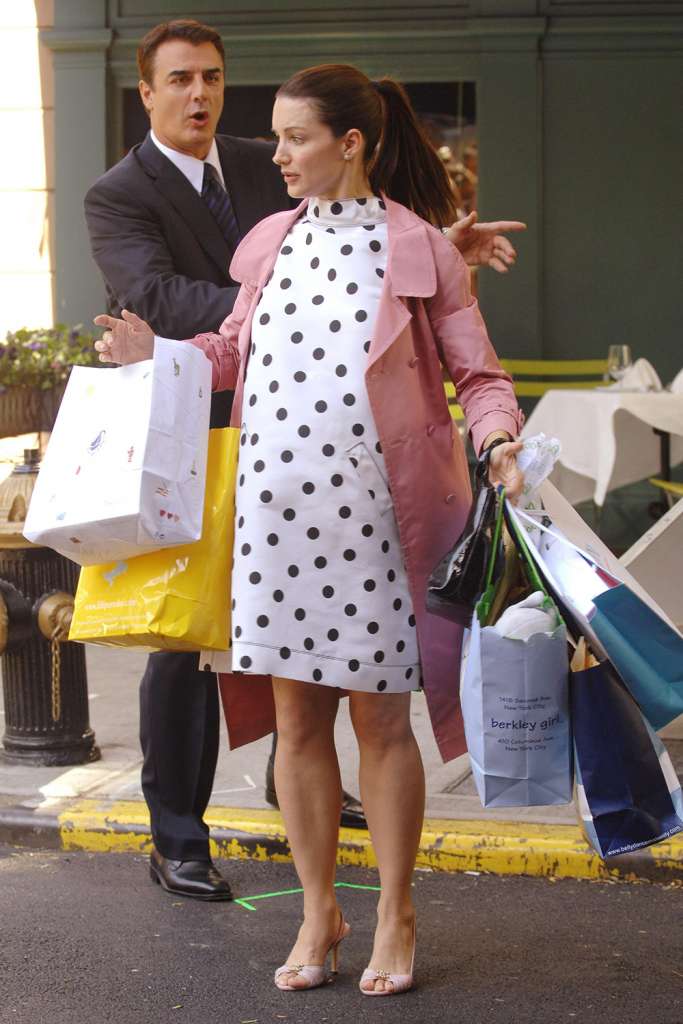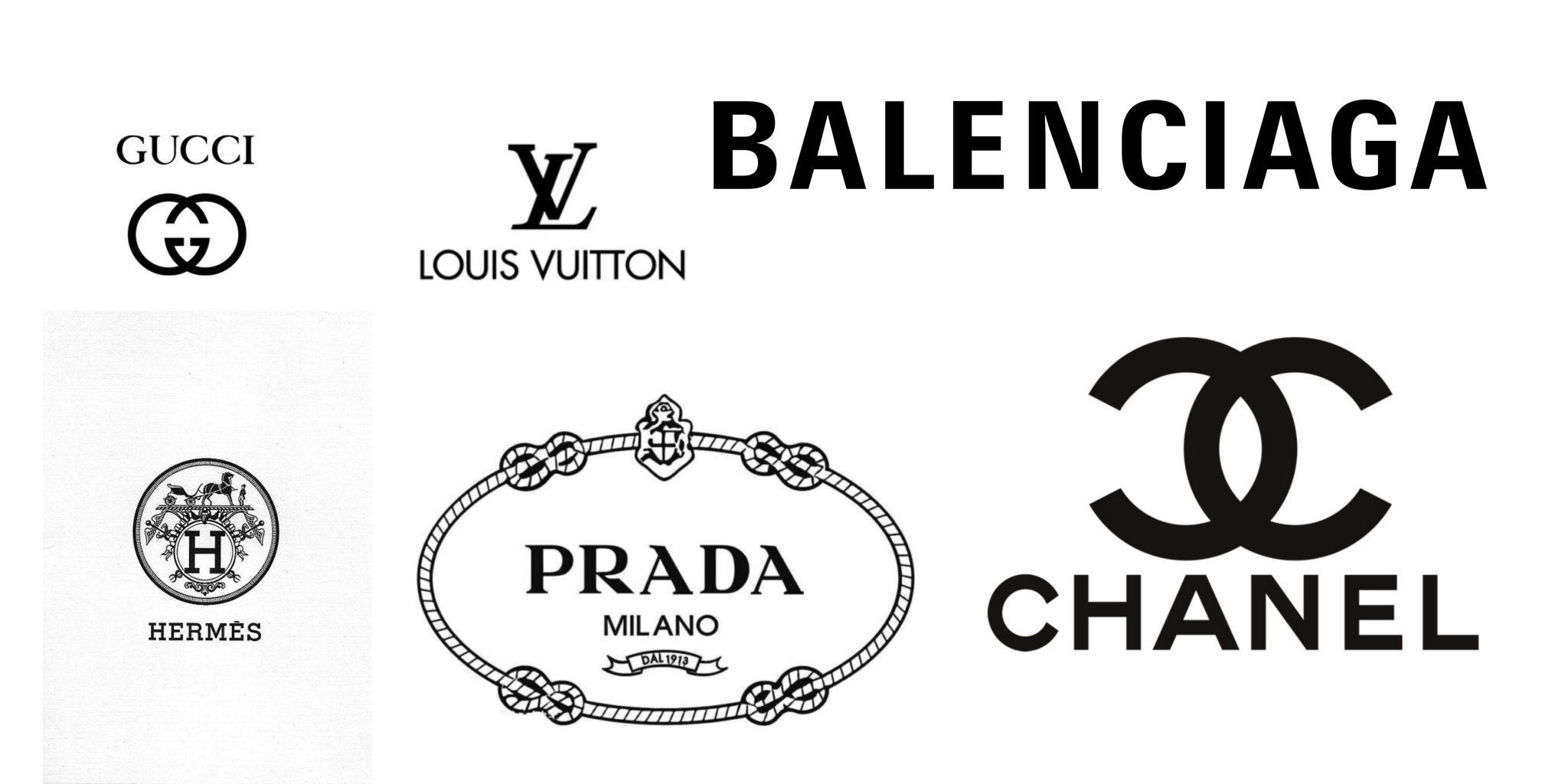Luxury fashion is in demand more than ever. But is luxury fashion ethical? In terms of the economic and social climate we are in. Not to mention the ever-increasing environmental crisis the earth has been facing for the past few decades.
The pandemic has shown us the wealth disparities in the world are wildly bigger than what we already thought. While so many brands like Asos and Zara have shown us that it is possible to obtain good quality clothes that are trendy, is it ethical to still have luxury fashion, or even practical?
Brands such as Gucci, Louis Vuitton, Balenciaga, Chanel- to name a few do cater to a target market. They also contribute to the rising mental health crisis that a lot of millennial and Gen Z have. The status symbol associated with owning an IT bag from a luxury brand has so many young people feeling inadequate, that they are not doing enough or falling behind their peers. So the question is it ethical to continue supporting luxury brands, knowing they are part of the problem.
Economically luxury brands contribute trillions but also are at the epicenter of the problem. With brands such as Hermes burning unsold inventory to stay exclusive, the labor that went into creating those bags is often undermined because the craftsmen are people who would not be able to afford the very items they make in the first place.
This leads to the sustainability conversation that fashion has had for the past few years now. Gucci announced that they would no longer use fur to make their products. Joining brands like Calvin Klein, Stella McCartney, Vivienne Westwood, Tommy Hilfiger and more who have long eliminated fur from their collections. As a way to reduce animal cruelty and reduce their environmental impact.

Strides like this seem great, but often end up looking like a marketing ploy, when brands do not follow up with transparency. Specifically, about how they will achieve the goals that they have set for themselves. Judging by the positive reactions they received, many critics hope that this will influence more luxury brands to follow suit.
But consumers often react differently, opting to look for brands that still offer real fur when they make their fur products, instead of joining the faux fur movement. Which is a testament to the unethical culture luxury fashion has been a part of and played a major role in promoting for the longest time.
Then there are the old issues surrounding working wages and working conditions. So many luxury brands hide their manufacturing processes or are not transparent about their suppliers because of the blatant human rights violations involved in the process. Or the unhygienic or simply inhumane factory conditions that factory workers face.
To top it off the displacement indigenous tribes face when luxury fashion brands want to source raw materials is often not disclosed. Instead of partnering and creating a meaningful relationship with locals, they would rather employ modern day colonization tactics and bulldoze indigenous communities. Which supports the lack of trust some consumers have towards the sustainability claims these brands make.
This last issue is often overlooked because it occurs in third world countries and not in Europe or the USA ,where most luxury brands are based. So yes luxury fashion is unethical for these reasons and so many more.










